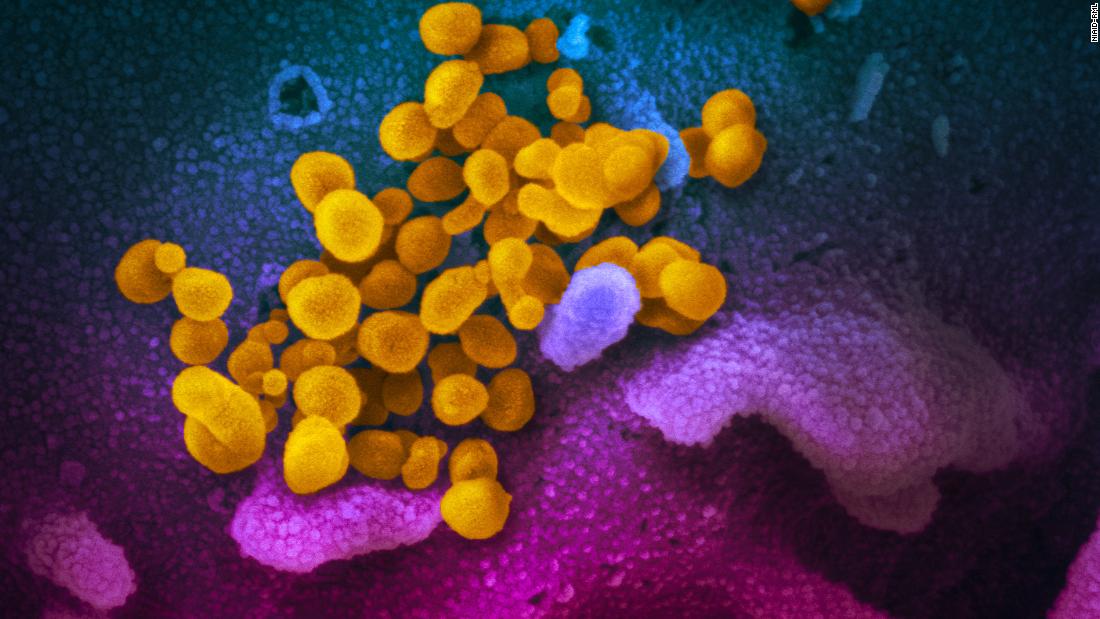On Monday, the United States delivered more than half a million monoclonal antibody therapies to states to treat outpatient Covid-19 patients, according to the U.S. Department of Health and Human Services website, but it is unclear how many were wore.
Since the therapies received an emergency use authorization from the U.S. Food and Drug Administration in November, the department said it had delivered 454,087 courses of an Eli Lilly treatment and 96,923 Regeneron cocktail courses.
Both treatments are authorized for people 12 years of age or older, who are at high risk of progressing to a severe form of Covid-19. Both have been shown to reduce Covid-19-related hospitalization or emergency room visits.
It is not clear exactly how many of the distributed antibody treatments were actually used; it is not posted by HHS or tracked on state panels. Health officials said they are not being used enough; in Michigan, for example, less than 10% of the available Covid-19 monoclonal antibody treatments were used, said Dr. William Fales, medical director of the Michigan Department of Health and Human Services, last week.
Treatments are complicated to administer, in part because hospitals or infusion centers need to create a separate space to treat patients.
